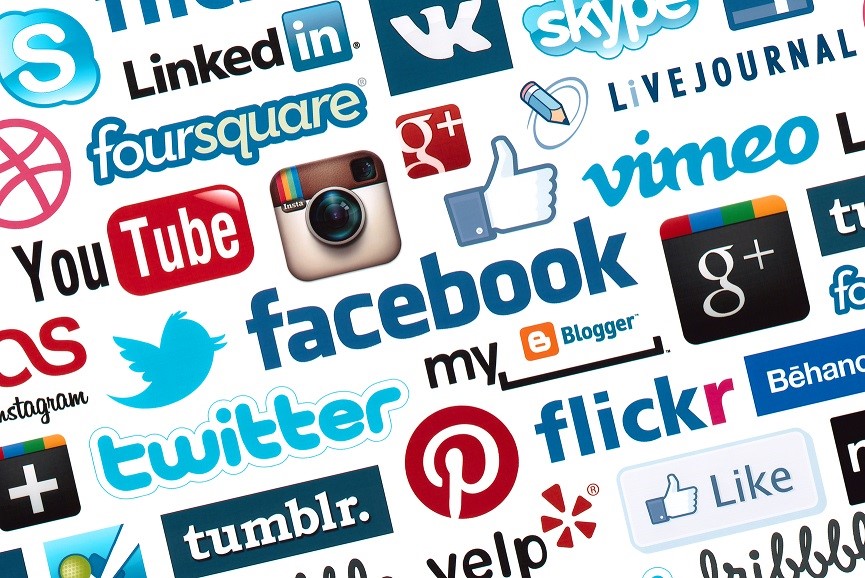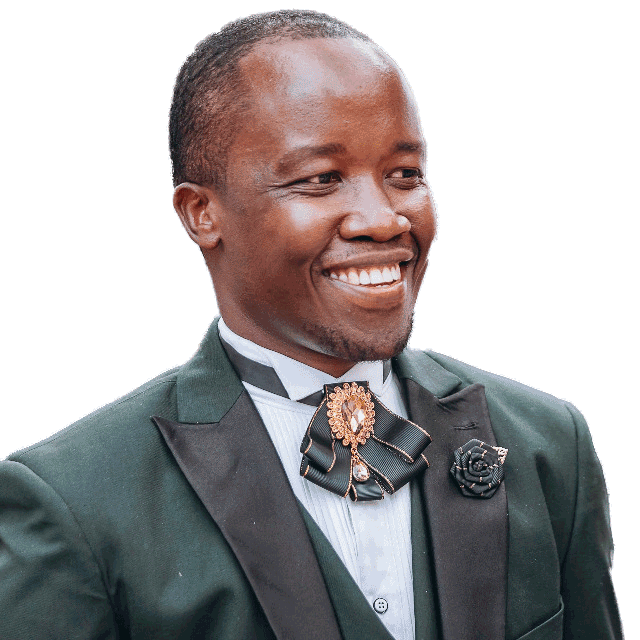
You can leverage it to make new contacts or expand your business. You can use it to showcase your expertise, share what you’ve learned, or learn from people you admire and respect. You can use it to stay informed, entertained, and connected. You can even find inspiration in 140 characters or less.
Psychologists suggest that social media appeals to such a wide range of people because it fulfills our most fundamental needs, including a sense of belonging and self-esteem. We all want to feel like we’re part of something larger than ourselves, and we all want to believe that what we do matters.
Still, while social media helps us engage and expand our world as never before, it also presents a number of new challenges. As with any tool, we must be careful to use it for our benefit and not our detriment.
LOGGING ON WITH INTENTION
Purposeful action requires clear intentions. But we’ve all logged on to a social network without them.
We may have been procrastinating and looking for a distraction, or feeling angry, annoyed, or frustrated and seeking to escape that feeling. Research shows that we actually get a small rush of endorphins—the same brain chemicals we enjoy after completing intense exercise—when we receive a new message. Talking about ourselves also triggers the reward center of our brains, making it even more compelling to narrate our daily activities.
Whatever our reasons for turning to social media, we have abundant opportunity to do it now that most of us carry powerful mini-computers in our purses or pockets. We’re always connected, always ready to discover, consume, and share information. If something’s trending, we want to know about it.
If someone shares something, we want to see it. And if we ever step away from the stream for a while, we feel even more pressure to catch up on everything once we’ve returned.
With one eye on our gadgets, we’re unable to give our full attention to who and what is in front of us—meaning that we miss out on the details of our lives, ironically, while responding to our fear of missing out.
For many of us, mindlessness is the default state. It takes a concerted effort to be mindful with social media—to be proactive instead of reactive. When we’re mindful, we’re aware of why we’re logging on, and we’re able to fully disconnect when we’ve followed through with our intention.We’re able to engage authentically and meaningfully, but we’re not dependent on that connection in a way that limits our effectiveness and our sense of presence.
BECOMING AWARE
In order to change our relationship to social media, we need to understand how we’re motivated to use it and why. Without self-awareness, we are at the mercy of our screens and feeds, pulled toward them for instant gratification when other choices might better meet our actual needs.
We can start developing self-awareness by setting boundaries for how and when we use our technology, and then checking in with our intentions when we feel compelled to use it differently.
This could mean signing on only at certain predetermined times and asking ourselves key questions if we feel drawn toward our gadgets in between those times. Those questions might include:
- Is it necessary to share this? Will it add value to my life and for other people?
- Can I share this experience later so I can focus on living it now?
- Am I looking for validation? Is there something I could do to validate myself?
- Am I avoiding something I need to do instead of addressing why I don’t want to do it?
- Am I feeling bored? Is there something else I could do to feel more purposeful and engaged in
my day? - Am I feeling lonely? Have I created opportunities for meaningful connection in my day?
- Am I afraid of missing out? Is the gratification of giving in to that fear worth missing out on
what’s in front of me? - Am I overwhelming myself, trying to catch up? Can I let go of yesterday’s conversation and join
today’s instead? - Can I use this time to simply be instead of looking for something to do to fill it?
- Do I just want to have mindless fun for a while?
PURPOSE, ESTEEM, AND MEANINGFUL CONNECTION
Part of mindfulness as it pertains to social media is recognizing and addressing our instinct to use it compulsively. The other side of the equation is choosing to use it consciously to help fulfill all those needs we instinctively want to meet—for others and ourselves.
If social media plays a role in your business, as it does for many of us, your involvement might hinge around various objectives. If you’re feeling frustrated with your progress toward your goals, it’s tempting to focus on what you lack that other people seem to have, to obsess over followers, engagement, traffic, or any other benchmark. The reality is that numbers don’t necessarily measure success, and they’re certainly not a requirement for fulfillment.
Some of the most successful people I know have slowly nurtured small, engaged networks of people who provide tremendous value to each other. All of the most fulfilled people I know focus more on the quality of their connections than the quantity of them. They make it a priority to reveal their authentic self instead of struggling to build and maintain a persona. They take their connections to ever-deepening levels by partnering online, meeting at events offline, and giving those people their full attention when they do connect. And they remember that behind every professional mission, there’s a personal purpose.
When we focus on fulfilling our core needs and helping others do the same, we feel more satisfied and, consequently, are more effective. With every meaningful, mutually beneficial engagement, we reinforce our self-esteem, our sense of belonging, and our sense of purpose, enabling more growth and connection. It becomes a self-perpetuating cycle.
In order to do this, you need to challenge the worries that keep you reacting compulsively instead of engaging consciously: the fear that you’re missing out on connections or information available somewhere else; the concern that you’re not really being heard; or the suspicion that other people are somehow doing better and you’re getting left behind.
The reality is that we’re all in the same boat. We’re all navigating the increasing number of online tools at our disposal, sometimes feeling overwhelmed by the sheer volume of people around us and the barrage of information we need to manage every day. We’re all learning how and when to set boundaries, or even take complete breaks to renew and recharge. And we’re all discovering that social media provides countless opportunities for personal and professional growth.
Social media can have a profound impact on your life if you let it—but the power of any tool lies in the intentions of its user.
LORI DESCHENE is the founder of tinybuddha.com, a community blog about wisdom that features stories and insights from readers all over the globe.
